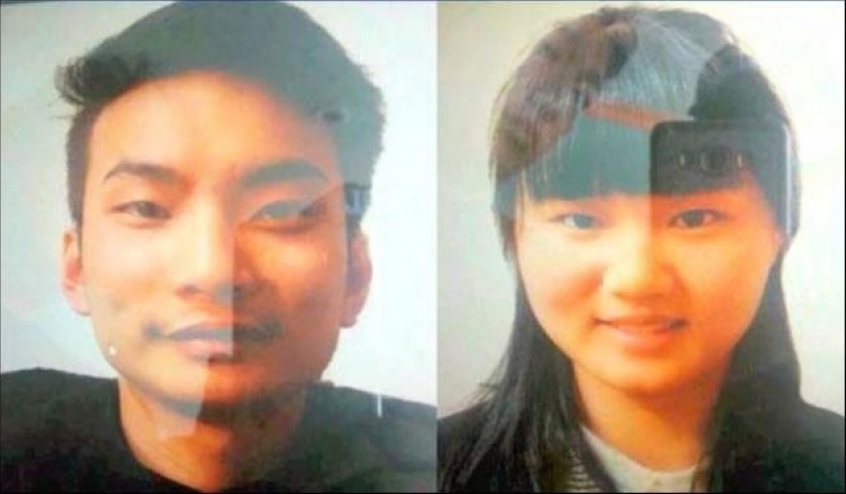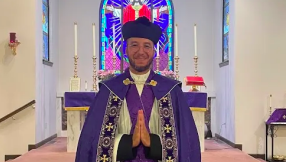
Pakistan has ordered a South Korean Christian arrested earlier this month to leave the country, accusing him of 'illegal preaching activities' after two of his students at a language school were killed by Islamic State.
'Investigations have revealed that [Juan Won-seo] went to Pakistan on a business visa, set up an Urdu academy in Quetta and got involved in illegal preaching activities,' Pakistan's interior minister said on 19 June, World Watch Monitor reported. 'We have revoked his visa and asked him to leave the country.'
Christian Today earlier this month reported the arrest of the man and members of his family.
A South Korean official had previously denied the preaching claim, telling the Hindustan Times on 14 June that 'nothing has so far been found to verify the suspicion that they were involved with a Korean missionary group'.
Lee Zingyang, 24, and Meng Lisi, 26, went missing last month in Quetta, capital of Pakistan's impoverished Balochistan province, and ISIS claimed responsibility for their deaths on 8 June.
They were among about a dozen Chinese people ostensibly studying Urdu and at least one other language at his school.
'The Korean family was training the Chinese nationals in missionary work,' said Quetta police official Abdul Razzaque Cheema told the Pakistan daily newspaper DAWN last month. 'We have interviewed around 50 people who were in contact with the Chinese and received text messages or calls from them. All of them have corroborated that the Chinese were involved in preaching'.
The incident prompted calls for a review of Pakistan's security and visa processes for Chinese nationals, and a databank that would track Chinese nationals working in Pakistan.
China's foreign ministry previously said it would cooperate with Pakistan in the investigation, and said it opposed all forms of terrorism.
Carsten T. Vala, from the department of political science at Loyola University, Maryland, said: 'Chinese nationals are themselves quite active in foreign missionary work and in my more than ten years of interviews of Chinese Christians, I found a number of Chinese Christians who were eager to go abroad as missionaries. At least one Chinese church leader I interviewed reported that his congregation had sent missionaries to Pakistan, Afghanistan, and other Arabic-speaking countries.'
According to World Watch Monitor, an increasing number of Chinese have settled in Quetta, as part of the $57bn China-Pakistan Economic Corridor (CPEC) project, which aims to re-establish a flourishing Silk Road between the two countries.













